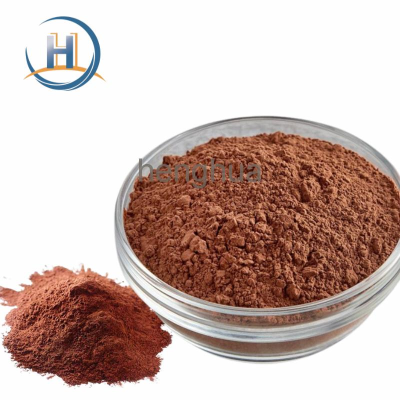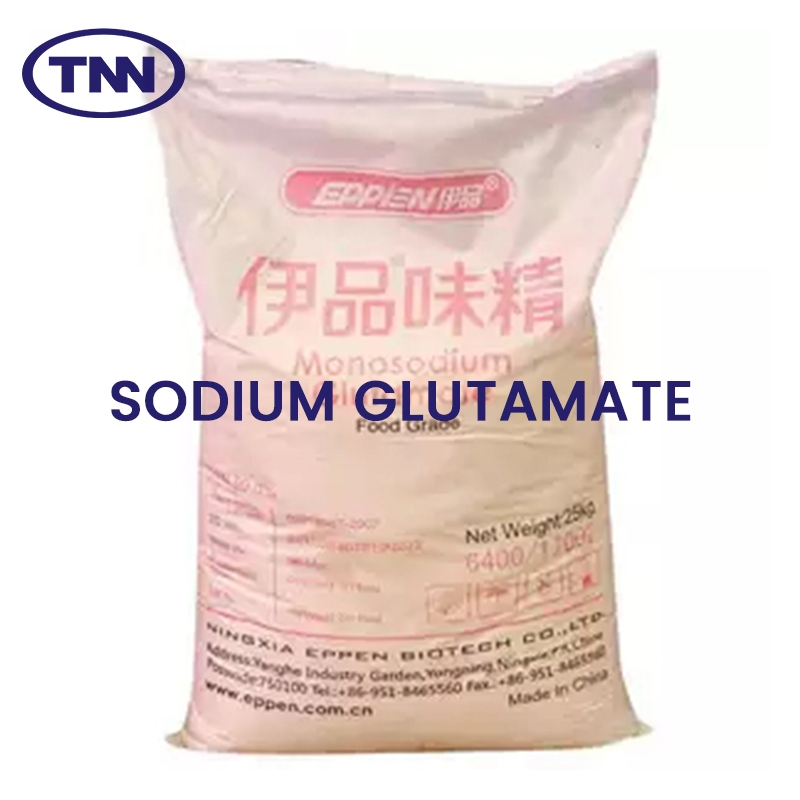-
Categories
-
Pharmaceutical Intermediates
-
Active Pharmaceutical Ingredients
-
Food Additives
- Industrial Coatings
- Agrochemicals
- Dyes and Pigments
- Surfactant
- Flavors and Fragrances
- Chemical Reagents
- Catalyst and Auxiliary
- Natural Products
- Inorganic Chemistry
-
Organic Chemistry
-
Biochemical Engineering
- Analytical Chemistry
-
Cosmetic Ingredient
- Water Treatment Chemical
-
Pharmaceutical Intermediates
Promotion
ECHEMI Mall
Wholesale
Weekly Price
Exhibition
News
-
Trade Service
Recently, Japan's Ministry of Agriculture, Forestry and Fisheries revised the Regulations for the Implementation of the Plant Protection Law (MAFF Decree No.
73/1950) to require tomato and pepper seeds imported from all countries (regions) to be tested for tomato brown wrinkle fruit virus, and to require testing methods and phytosanitary certificates
.
73/1950) to require tomato and pepper seeds imported from all countries (regions) to be tested for tomato brown wrinkle fruit virus, and to require testing methods and phytosanitary certificates
.
Now here's the problem:
1.
What are the specific types of tomato and pepper seeds?
What are the specific types of tomato and pepper seeds?
2.
What kind of "monster" is the tomato brown wrinkle fruit virus?
What kind of "monster" is the tomato brown wrinkle fruit virus?
3.
What are the methods of the customs department to fight "monsters"?
What are the methods of the customs department to fight "monsters"?
4.
How do you make a "monster" appear?
How do you make a "monster" appear?
5.
What kind of passes will the customs issue to tomatoes and pepper seeds to Japan?
What kind of passes will the customs issue to tomatoes and pepper seeds to Japan?
Let's start answering now
1.
Tomato and pepper seeds contain these specifically
Tomato and pepper seeds contain these specifically
Tomato seeds include:
Solanum lycopersicunm、S.
arcanum、S.
cheesmaniae、S.
chilense、S.
galapagense、S.
peruvianum、S.
pimpinellifolium
。
arcanum、S.
cheesmaniae、S.
chilense、S.
galapagense、S.
peruvianum、S.
pimpinellifolium
。
Pepper seeds refer to Capsicum annuum
.
.
2.
"Monster": tomato brown wrinkle fruit virus
"Monster": tomato brown wrinkle fruit virus
Tomato brown rugose fruit virus (ToBRFV) is a plant virus that harms tomatoes, peppers and other nightshade crops, which can cause macula, deformity, browning, necrosis and other symptoms in leaf flowers, fern leaves and fruits, seriously affecting fruit yield and quality, and can be spread
over long distances with seeds.
In view of its serious harm, many countries classify it as an incoming phytosanitary pest.
over long distances with seeds.
In view of its serious harm, many countries classify it as an incoming phytosanitary pest.
3.
Customs to support exports
Customs to support exports
(1) Epidemic monitoring
of planting bases.
In accordance with the requirements of the "National Biosecurity Monitoring Program (Plant Quarantine Part)", the customs department shall strengthen the monitoring and investigation of plant epidemics in tomato and pepper seed planting bases exported to Japan, and if suspicious symptoms of tomato brown wrinkle fruit virus are found, samples shall be taken and identified
in time.
of planting bases.
In accordance with the requirements of the "National Biosecurity Monitoring Program (Plant Quarantine Part)", the customs department shall strengthen the monitoring and investigation of plant epidemics in tomato and pepper seed planting bases exported to Japan, and if suspicious symptoms of tomato brown wrinkle fruit virus are found, samples shall be taken and identified
in time.
(2) Pre-export quarantine
.
In accordance with Article 34 of the Regulations for the Implementation of the Law of the People's Republic of China on the Quarantine of Animals and Plants Entering and Leaving the Country, the customs department conducts testing in accordance with the sampling and testing methods recognized by Japan in combination with the epidemic situation in the seed production area, and verifies
the information of its origin and whether there is any tomato brown wrinkle fruit virus in the production area.
Goods that have passed quarantine shall issue a plant quarantine certificate as required, and if tomato brown wrinkle fruit virus is found, it shall not be exported, and traceability investigation
shall be carried out.
.
In accordance with Article 34 of the Regulations for the Implementation of the Law of the People's Republic of China on the Quarantine of Animals and Plants Entering and Leaving the Country, the customs department conducts testing in accordance with the sampling and testing methods recognized by Japan in combination with the epidemic situation in the seed production area, and verifies
the information of its origin and whether there is any tomato brown wrinkle fruit virus in the production area.
Goods that have passed quarantine shall issue a plant quarantine certificate as required, and if tomato brown wrinkle fruit virus is found, it shall not be exported, and traceability investigation
shall be carried out.
4.
High-tech detection methods make "monsters" have nowhere to hide
High-tech detection methods make "monsters" have nowhere to hide
During harvest, parental plant seed samples and suspected symptomatic seed samples are randomly collected and tested by appropriate molecular biology methods (e.
g.
, RT-PCR); Alternatively, seed samples can be tested using RT-PCR prior to export using RT-PCR to ensure that tomato brown wrinkle fruit virus
is not present.
g.
, RT-PCR); Alternatively, seed samples can be tested using RT-PCR prior to export using RT-PCR to ensure that tomato brown wrinkle fruit virus
is not present.
5.
Customs issuance of pass: phytosanitary certificate
Customs issuance of pass: phytosanitary certificate
The accompanying phytosanitary certificate shall have the following additional declaration:
(1) "Fulfills item 36 (Appropriate genetic method for parent plants) of the Annexed Table 2-2 of the Ordinance for Enforcement of the Plant Protection Act (MAF Ordinance No.
73/1950)" [Compliant with the Ordinance Plant Protection Implementing Regulation (MAF Decree No.
73/1950) Schedule 2-2 Item 36 (Appropriate molecular biological testing for parental plants)].
or
73/1950)" [Compliant with the Ordinance Plant Protection Implementing Regulation (MAF Decree No.
73/1950) Schedule 2-2 Item 36 (Appropriate molecular biological testing for parental plants)].
or
(2) "Fulfills item 36 (Real-time RT-PCR for seeds) of the Annexed Table 2-2 of the Ordinance for Enforcement of the Plant Protection Act (MAF Ordinance No.
73/1950)" [Complies with the Plant Protection Implementing Regulations (MAF No.
73/1950)] Decree No.
1950) Schedule 2-2 Item 36 (Real-time Fluorescence RT-PCR Detection of Seeds)].
73/1950)" [Complies with the Plant Protection Implementing Regulations (MAF No.
73/1950)] Decree No.
1950) Schedule 2-2 Item 36 (Real-time Fluorescence RT-PCR Detection of Seeds)].
Contribution: Qingdao Customs







